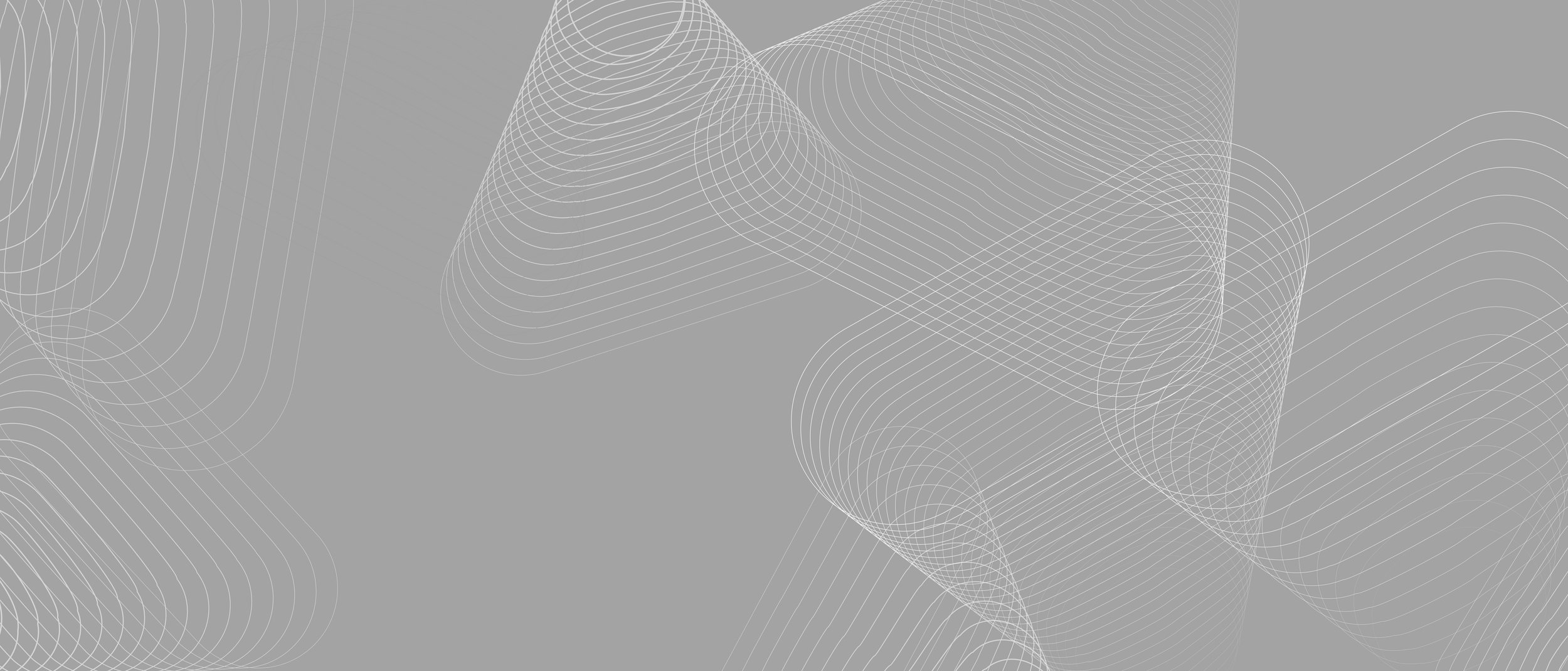
Restoring Function. Embracing Life.
Shoulder Dislocation Specialist in Singapore
Dr Bryan Wang
Consultant Orthopaedic Surgeon
Trusted Orthopaedic Surgeon | Fellowship-trained in Canada | With over 20-years of experience
What is Shoulder Dislocation?
The shoulder is a ball-and-socket joint that is very mobile, which makes it susceptible to dislocations. Stability of the shoulder is increased by the presence of structures such as the labrum which helps deepen the socket.
A dislocation occurs when the head of the humerus (ball) pops out of the socket. This typically occurs during contact sports but can also occur from a traumatic injury to the shoulder.
Risk factors for shoulder dislocation include those who participate in contact sports (rugby, ice hockey) or overhead activities (bouldering, racket sports). You may also be predisposed to shoulder dislocations if you have generalised ligamentous laxity.
What are the symptoms?
Patients with a shoulder dislocation may present with the following symptoms:
Shoulder pain
Deformity of the shoulder
Swelling or bruising around the shoulder
Difficulty in moving the arm
Numbness in the shoulder
In addition, you may find that you are prone to developing recurrent dislocations once you have had a previous episode.
How to Diagnose?
Clinical assessment will include taking a detailed history and a thorough examination of your shoulder.
Further imaging tests like X-rays, MRI scans and ultrasound scans may occasionally be required.
Shoulder Dislocation Treatment
What are my Treatment options for Shoulder Dislocation?
If you have any of the symptoms above, it is advisable to see an orthopaedic specialist for further assessment. The appropriate treatment is decided after assessment and a collaborative discussion based on your needs. They can be broadly divided into conservative (non-surgical) and surgical options.
Shoulder Dislocation Conservative Treatment
In an acute shoulder dislocation, a closed reduction should be performed early. A closed reduction involves special manoeuvres, usually with the aid of sedation, to help reduce the ball into the joint socket.
You will then be provided an arm sling for support and immobilisation to allow the shoulder to rest for about a week. You may then be referred to a physiotherapist for shoulder exercises to regain your range of motion and strength.
Shoulder Dislocation Surgical Treatment
If you have recurrent shoulder dislocations or are at an increased risk due to your work or sporting demands, you may be a candidate for surgery.
The surgery is typically performed in a minimally-invasive fashion (keyhole) and involves re-attaching the torn labrum to your joint socket.



